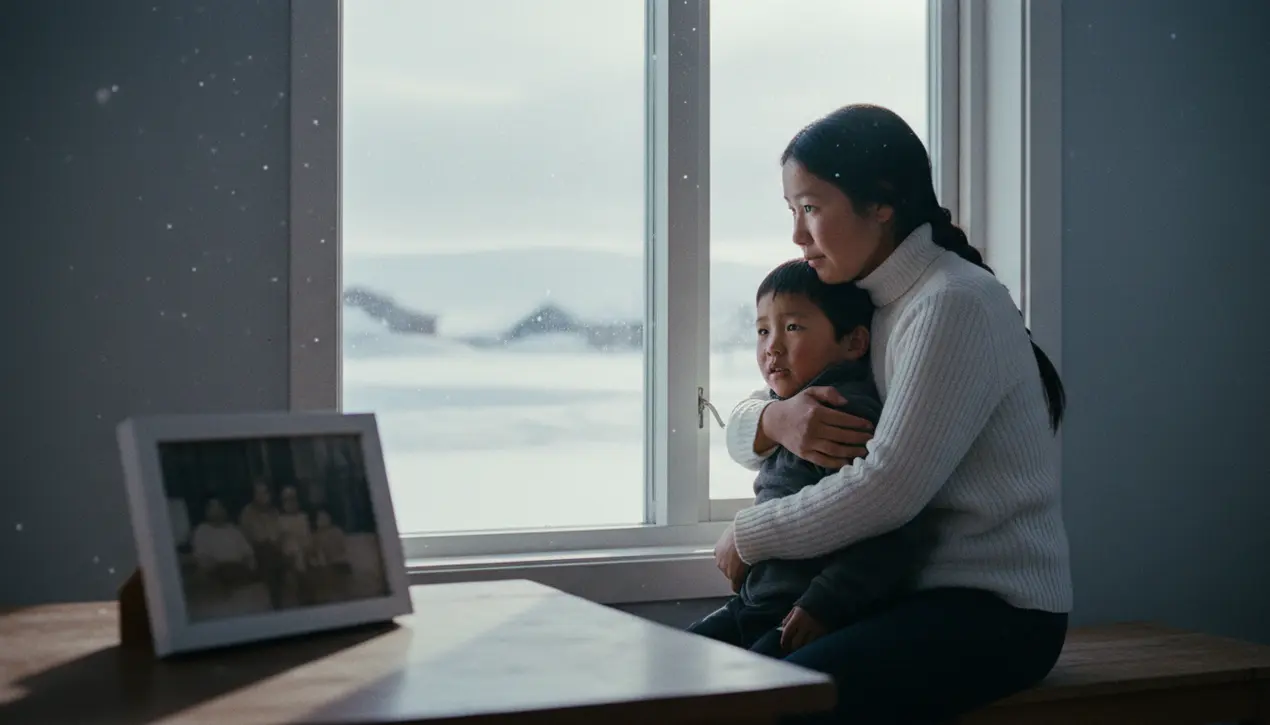
Politicscourts & investigations
Denmark Bans Biased Parenting Tests for Greenlandic Families.
AN
Anna Wright
8 hours ago7 min read2 comments
In a long-overdue reckoning with a colonial-era policy, the Danish government has formally banned the use of culturally biased parental competency tests on Greenlandic families, a practice that for decades systematically pathologized Indigenous child-rearing and fueled the forced separation of children from their homes. This decision, while a significant step, cannot be viewed in isolation; it is a single stitch in the frayed tapestry of Denmark’s relationship with Greenland, an autonomous territory within the Danish realm that has endured centuries of paternalistic oversight.The tests themselves were a bureaucratic violence, often administered in Danish and based on Eurocentric norms of family structure and domestic life, effectively setting up Greenlandic parents for failure. Imagine a mother, her wisdom rooted in generations of Arctic survival, being judged incompetent because her home didn't conform to a Copenhagen social worker's checklist—a scenario that played out repeatedly, echoing the traumatic assimilation policies inflicted on Indigenous communities from Canada to Australia.The ban arrives after years of relentless advocacy from Greenlandic activists and human rights organizations, who framed the issue not as a matter of administrative tweaking, but as a fundamental question of self-determination and cultural genocide. The personal impact is immeasurable; for every child removed, a family’s cultural lineage was fractured, with consequences rippling through communities already grappling with the intergenerational trauma of colonization.This move by Copenhagen is thus a quiet admission of a profound historical wrong, a necessary, if belated, act of contrition. Yet, the real test lies ahead.Will it be accompanied by substantive reparations, by funding for community-led family support services designed by and for Greenlanders, and by a genuine transfer of authority over child welfare to the Government of Greenland? Or will it remain a symbolic gesture, a policy change on paper that fails to dismantle the underlying power structures? The world watches, for Denmark’s action sets a precedent for how former colonial powers can begin to address the insidious legacies of their rule, moving beyond apology toward restorative justice. The story of these biased tests is ultimately a story about who gets to define a 'good' parent, and this ban is a crucial affirmation that such definitions must be decolonized, honoring the diverse, resilient, and culturally specific ways families raise their children to thrive.
#human rights
#child protection
#Denmark
#Greenland
#family law
#government policy
#parenting assessment
#featured
Stay Informed. Act Smarter.
Get weekly highlights, major headlines, and expert insights — then put your knowledge to work in our live prediction markets.
Comments
Loading comments...
© 2025 Outpoll Service LTD. All rights reserved.